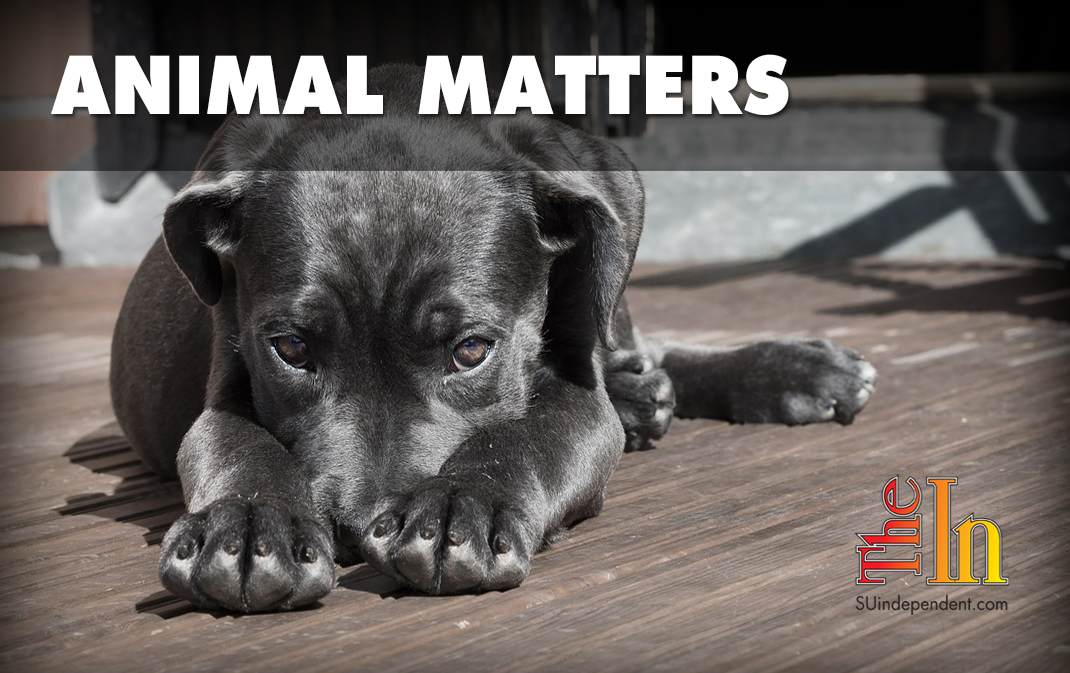
What’s wrong with giving a home to a puppy or kitten from the online classifieds?
By Temma Martin
There are many places to acquire a new pet, but not everyone thinks about how the source of a pet helps or hurts Utah’s effort to end the killing of pets in shelters. It’s common for people to say they want to adopt from a shelter or rescue group, but after only a day or two of looking for adoptable animals, they turn to the online classifieds.
While many adult pets are successfully “rehomed” through online classifieds, the vast majority of puppies and kittens for sale are the result of irresponsible owners, backyard breeders, and even regional puppy mills.
When a family legitimately can no longer keep a pet due to their circumstances, the online classifieds can be a way to reach potential new owners to find the pet a new home. Many shelters and rescue groups also use the classifieds to make their adoptable pets visible to a wider audience. For these purposes, the classified ads are helpful in saving lives.
Many of those advertising pets for sale claim to be “adopting out” their animals, but in fact they are selling them for hundreds or thousands of dollars, generally without vaccinations and almost always without being spayed or neutered or microchipped — services generally included for pets adopted from shelters or rescue groups. Staff and volunteers for animal welfare groups are also dedicated to finding loving forever homes for their animals and are not out to make a profit.
Rather than saving a life and giving a home to a pet from a shelter or rescue group, the buyer often spends more money than he would have by adopting, without any services included. The sellers’ main focus is generally making money, so they’re not invested in educating buyers about required vaccinations or the benefits of spaying and neutering, which often results in sick young pets, unvaccinated animals spreading disease in the community, and eventually more unwanted puppies and kittens.
Sellers have also been known to use deceptive tactics to “find loving homes” for their puppies and kittens. They sometimes lie about the breed or mix of their puppies, claiming they are small-breed dogs and charging more money for them when in fact they are not going to remain small. A vet tech at a local veterinary hospital was once checking in a puppy that a family had recently bought for $200 from a classified ad. He proudly announced that it was a “dachshund mix” that was eight weeks old. The vet tech informed him that it was mostly likely going to be the size of a Labrador since it was the size of a lab puppy at eight weeks and already nearly the size of a dachshund.
Many people who have bought puppies from online classifieds have reported being pressured into buying by the sellers, who claimed that they would be forced to take the puppies to a shelter if they didn’t find homes for all of them. Buyers then feel like they are “rescuing” puppies from going to shelter when mostly likely the sellers allow their dogs to have litter after litter, always selling them with the same pressure tactic. The truth is that if a family did resort to taking some of their unwanted puppies to a shelter, chances are that the shelter would provide or help the family find a free or low-cost spay and neuter program, breaking the cycle of unwanted litters. As long as people buy puppies, often for significant sums of money, they are creating a demand, and the family will continue to breed or not feel motivated to spay their dog.
Sellers who believe that they “find good homes” for all their puppies and kittens are unaware of how many of the animals they produce end up bring resold — often on the same site where they were just bought — days or weeks later or how many them end up in shelters, working against the effort to make Utah a no-kill state.
Often when buyers discover that they were lied to about the breed of a dog or realize they were given a sick, unvaccinated puppy, the sellers are nowhere to be found. The online classifieds provide an free and easy outlet for individuals, backyard breeders, and puppy mills to sell their animals online with virtually no recourse or accountability. Online classifieds also provide a front for large-scale breeders who keep dozens or hundreds of dogs in puppy mill conditions where parent dogs spend their whole lives in small cages churning out puppies.
Another risk of buying puppies from online classifieds is the risk of buying a stolen dog. Unfortunately, even in Utah, there are people who steal dogs, particularly purebreds who are not spayed or neutered, and then sell them to unsuspecting buyers. Often, the turnaround is so quick that they original owner doesn’t even see the ad. Others have reported seeing their stolen pets for sale and had police help them get them back.
So in the big picture, what’s wrong with giving a home to a puppy or kitten from the online classifieds? On the one hand, it means creating a demand for animals from questionable sources. It means that an animal in a shelter or rescue group is denied a chance at a home. And sadly for the buyer, it frequently means that they get a sick or stolen pet or one that is not at all what they expected when it grows up.
Temma Martin has been a public relations specialist for Best Friends Animal Society for nearly 10 years, serving as part of the national PR team and the spokesperson for the Salt Lake City-based Best Friends Animal Society in Utah office. She also works to promote No-Kill Utah, a Best Friends initiative that aims to make Utah a no-kill state in 2019.
Articles related to “What’s wrong with giving a home to a puppy or kitten from the online classifieds?”
Dangerous animal trapping practices in St. George jeopardize humans and animals alike
Winter at Best Friends Animal Sanctuary best time to visit, volunteer




I sympathize somewhat with people who are scammed by Internet ads. Scammers should be prosecuted to the full extent of the law. But, really. Why would anyone willingly send money via Western Union or some other company where the money could potentially disappear into a vacuum (the scammer’s pocket)? If the owner claimed to be a breeder of purebreds I’d ask for the name of the breeder’s veterinarian and then I would Google and call–and know beforehand what questions to ask. There are numerous ways to check the credentials of these people. Just like a car, I would never purchase a car online without the opportunity to actually see the vehicle and have it thoroughly checked by a mechanic. Likewise with an animal: I’d have the pet checked by a vet. People have to accept responsibility for these kinds of purchases.